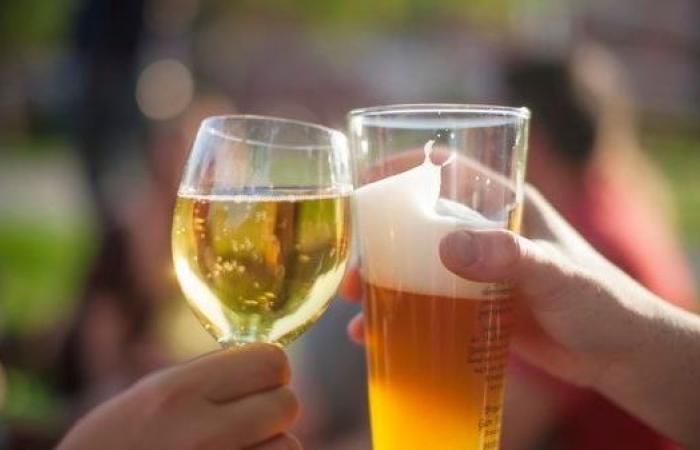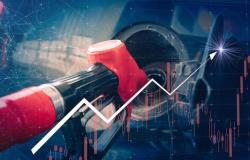
Tobacco, soda, gambling… Senators voted on Thursday, November 21, for several so-called “behavioral” tax increases, as part of the examination of the Social Security financing bill (PLFSS) for 2025. On the other hand, they rejected several amendments including one which proposed to increase taxation on alcohol.
The environmentalist senator from Paris Anne Souyris denounced the presence “of a wine lobby in the hemicycle”. “Currently, a standard glass of wine at 12.5 degrees is taxed 0.4 cents, compared to 10 cents for a beer at 4 degrees and 31 cents for a spirit at 40 degrees”she assures.
Wine 25 times less taxed than beer
Anne Souyris is right to say that wine is taxed much less than other alcohols. It is even below reality since a glass of wine is taxed not at 0.4 cents but 0.04 cents. It is moreover a Senate report published in May 2024 which, citing the calculations of the social security evaluation and control mission (MECCS), explains that “the alcohol in wine is around 25 times less taxed than that in beer and 75 times less taxed than that in spirits”. “We remind you that a liter of wine is taxed at 4 centimes, or 3 centimes for a 75 centiliter bottle”, points to the rapporteurs.
The authors of the report, Élisabeth Doineau (UDI) and Cathy Apourceau-Poly (PC) evaluate this “wine tax niche” at 2.5 billion euros per year. However, from a public health point of view, they add, there is no reason to tax these different types of alcohol differently.
Raising taxes reduces consumption
Beyond the financial shortfall, is the State depriving itself of an effective tool to reduce alcohol consumption, causing 49,000 deaths per year in Franceaccording to the Ministry of Health? Yes, answers the Senate report. By summarizing the various studies on the behavioral taxation of alcohol, the authors conclude: an increase in the price of alcohol by 1% reduces consumption by around 0.5%. The report specifies that this is an average, the drop being less steep for beer than for wine and strong alcohols.
What this report also says, based on the experiences of our European neighbors (in Denmark and Scotland in particular), is that to hope for a significant reduction in alcohol consumption in France, prices must be significantly increased. . And therefore significantly increase taxes to push manufacturers to pass on the increase to in-store prices.
How can we explain this tax exception from which wine benefits in France, as in other wine-producing countries such as Spain? The economic weight of the wine sector is one of the main drivers. According to a study by Deloittethe sector represents 1.4% of GDP and more than 2% of jobs in France. The Senate report makes an unambiguous admission:“For the sake of realism, the rapporteurs will not make a proposal to increase alcohol taxation.”





